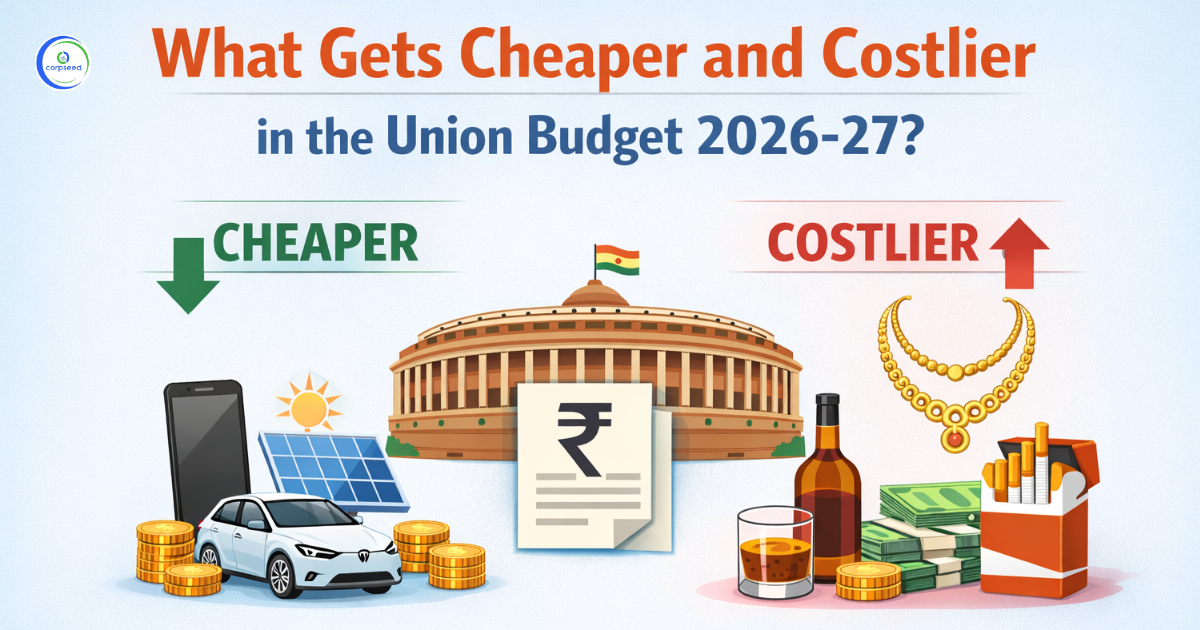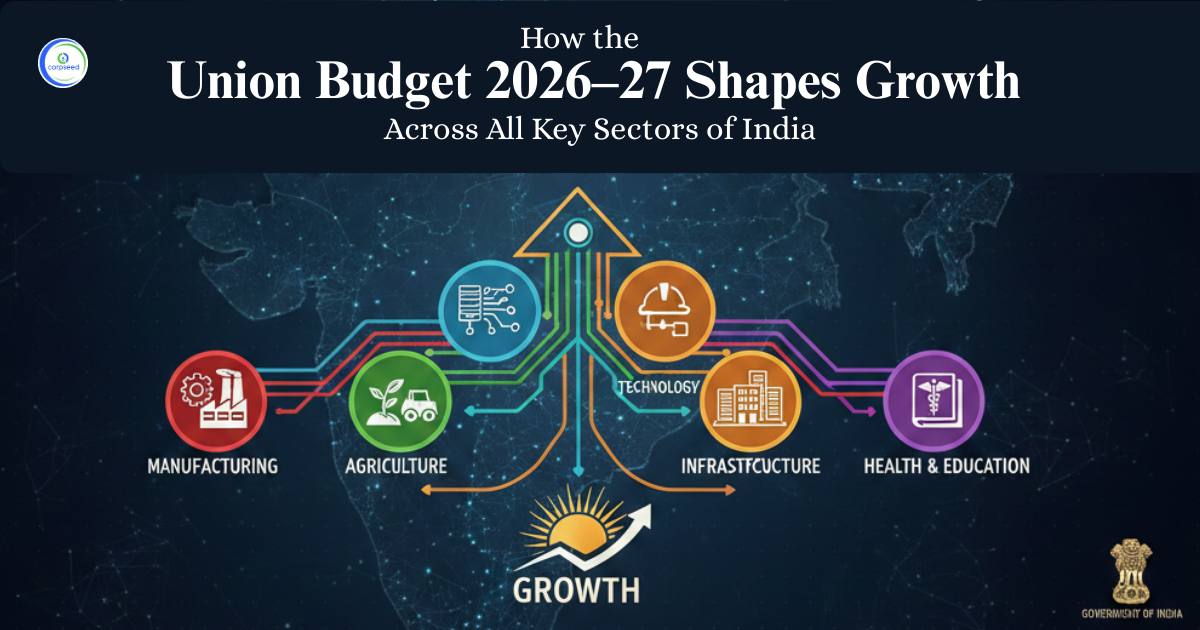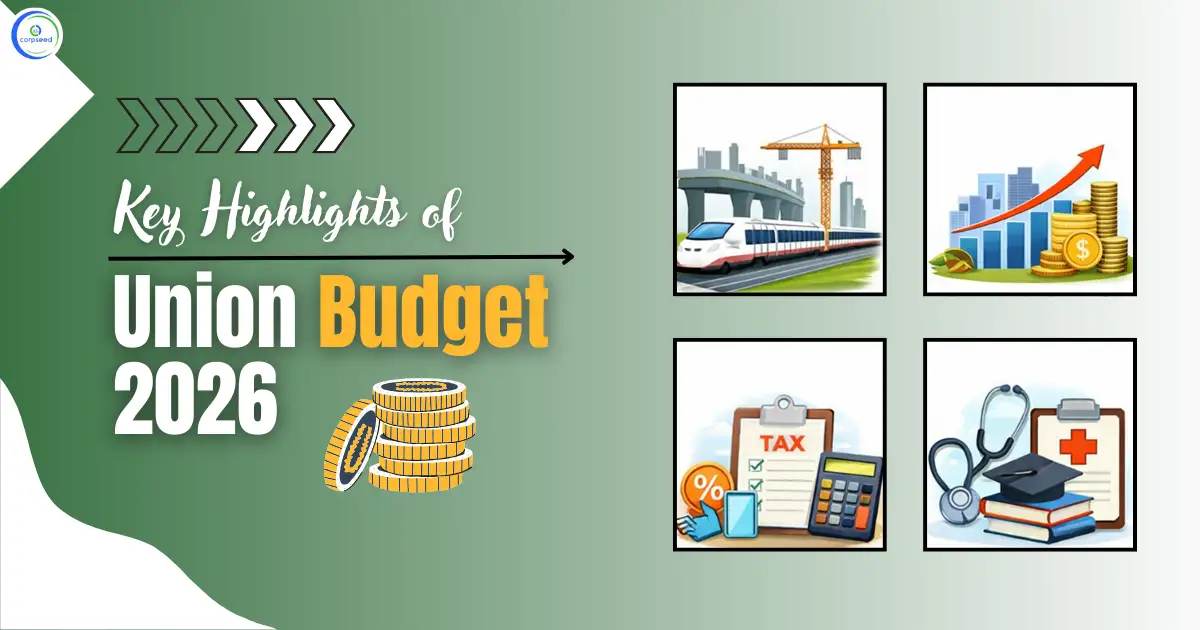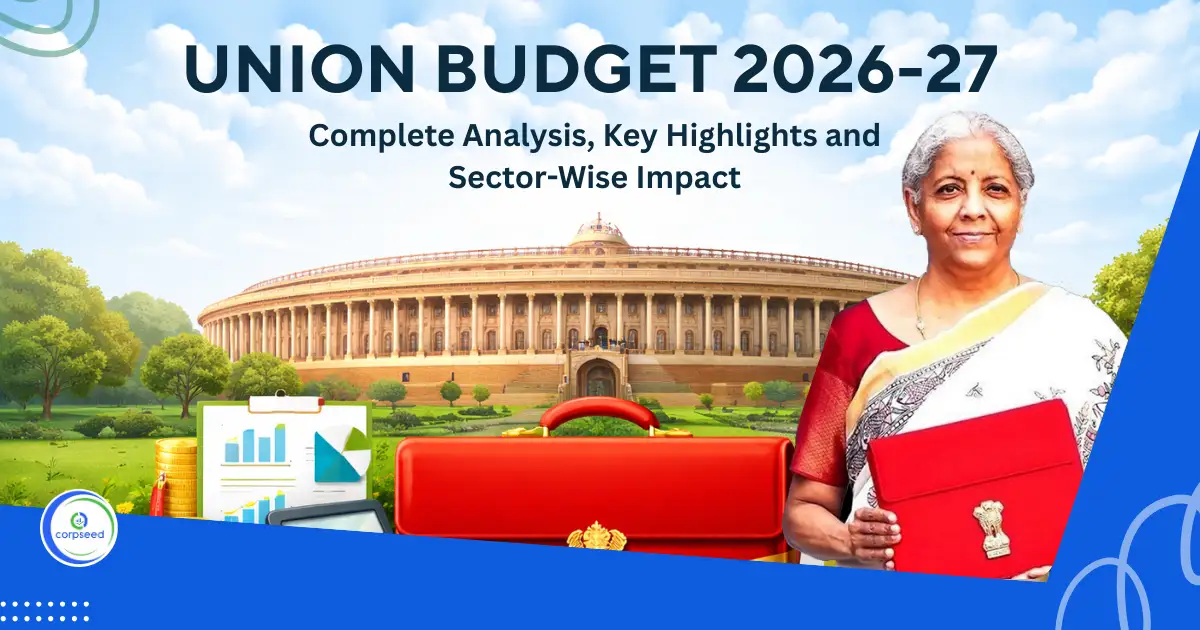Introduction of Freelancer
A freelancer is a person who provides services to clients on a project or contract basis, instead of being a full-time employee for one employer. Freelancers typically work independently and may serve multiple clients simultaneously, often within their areas of expertise. Here’s a detailed overview of what a freelancer is and how freelancing works
Characteristics of a Freelancer:
- Independence: Freelancers operate independently and are not bound by long-term employment contracts They can choose the projects they want to work on and the clients they want to work with.
- Variety of Services: Freelancers can offer a wide range of services, including but not limited to writing, graphic design, web development, consulting, marketing, and more.
- Project-Based Work: They typically work on a project basis, meaning they are hired to complete specific tasks or projects within a set timeframe.
- Client Relationships: Freelancers manage their client relationships, including negotiations, contracts, and communications.
- Self-Employment: As self-employed individuals, freelancers handle their taxes, benefits, and business expenses.
Advantages of Freelancing:
- Flexibility: Freelancers have the freedom to choose their work hours and locations, providing a better work-life balance.
- Diverse Opportunities: The ability to work with various clients and industries allows freelancers to gain diverse experiences and build a broad portfolio.
- Control over Workload: Freelancers can decide how much work they want to take on, allowing them to manage their workload according to their personal preferences and schedules.
- Potential for Higher Earnings: Skilled freelancers can often command higher rates than they might earn as salaried employees, especially if they build a strong reputation and client base.
Challenges of Freelancing
- Income Stability: Freelancers may face fluctuations in income, as work is not guaranteed and can vary from month to month.
- Self-Management: Freelancers must manage all aspects of their business, including marketing, client acquisition, project management, and finances.
- Lack of Benefits: Unlike full-time employees, freelancers do not receive employee benefits such as health insurance, paid leave, or retirement plans. They must arrange these independently.
- Isolation: Freelancers often work alone, which can lead to feelings of isolation compared to working in a traditional office environment with colleagues.
How do freelancers get Paid?
Freelancers get paid in various ways depending on the agreement with their clients and the platforms they use. Here’s an overview of the most common payment methods and processes for freelancers:
Direct Payments from Clients
- Bank Transfers: Clients can directly transfer funds to the freelancer’s bank account. This method is common for both domestic and international payments.
- Checks: Some clients may pay by sending physical checks, though this is less common in the digital age.
- Cash: For local projects or services, especially smaller ones, freelancers may receive cash payments directly from clients.
Online Payment Platforms
- PayPal: Widely used for international transactions, PayPal allows freelancers to receive payments in various currencies and withdraw funds to their bank accounts.
- Skrill: Similar to PayPal, Skrill offers international payment services with low fees for receiving payments.
- Payoneer: Often used by freelancers working with international clients, Payoneer provides a global receiving account, allowing freelancers to receive payments from different countries and withdraw them to their local bank accounts.
- Venmo: Popular in the United States for smaller transactions, Venmo is used for quick and easy payments between individuals.
Freelance Platforms
- Upwork: Freelancers working through Upwork receive payments through the platform, which holds funds in escrow until the project milestones are met and approved by the client. Upwork then releases the funds to the freelancer’s Upwork account, which can be withdrawn via bank transfer, PayPal, or Payoneer.
- Fiverr: Payments on Fiverr are handled through the platform, with funds released to freelancers after the client confirms project completion. Freelancers can withdraw their earnings via PayPal, bank transfer, or Fiverr Revenue Card (powered by Payoneer).
- Freelancer.com: Similar to Upwork, Freelancer.com uses an escrow system to hold payments until project milestones are completed. Freelancers can withdraw funds via PayPal, Skrill, or bank transfer.
Invoice and Payment Processing Tools
- QuickBooks: Freelancers can create and send invoices using QuickBooks, which also allows for online payments via credit card, ACH, or PayPal.
- FreshBooks: This accounting software enables freelancers to invoice clients and accept payments online through various methods, including credit cards and PayPal.
- Wave: Wave offers free invoicing software with online payment options, including credit cards and bank transfers.
Steps for Ensuring Payment
- Clear Agreements: Establish clear payment terms before starting any project. This includes the payment amount, due dates, and payment methods.
- Contracts: Use contracts to outline the scope of work, payment terms, and conditions. This provides legal protection and ensures both parties are clear about the agreement.
- Milestones and Deposits: For larger projects, request milestone payments or deposits upfront. This reduces the risk of non-payment and ensures the freelancer receives compensation for ongoing work.
- Invoices: Send detailed invoices promptly upon completion of the work or according to the agreed payment schedule. Include payment instructions and due dates on the invoice.
- Follow-up: If a payment is delayed, follow up with the client politely but persistently. Maintain communication to resolve any issues that may arise.
How to Become a Successful Freelancer
- Identify Your Skills: Determine what services you can offer based on your skills and experience. Consider fields where you have the expertise and there is market demand.
- Build a Portfolio: Develop a portfolio of the best work you can do. This helps potential clients assess your capabilities and experience.
- Establish competitive pricing By researching industry norms and setting your rates in line with them. Take into account your expertise, the intricacy of the task, and the current market price.
- Market Yourself: Utilize online platforms (such as Upwork, Fiverr, Freelancer, and LinkedIn), social media, and networking to market your services and attract clients.
- Deliver Quality Work: Ensure you meet deadlines and deliver high-quality work to build a strong reputation and secure repeat business and referrals.
- Manage Finances: Keep track of your income and expenses, set aside money for taxes, and consider using accounting software to manage your finances effectively.
Conclusion
Freelancing offers a flexible and independent career path, allowing individuals to leverage their skills and work on a variety of projects for different clients. Freelancers have various options for receiving payments, ranging from direct bank transfers and online payment platforms to specialized freelance platforms and invoicing tools. By establishing clear payment terms, using contracts, and leveraging secure payment methods, freelancers can ensure they receive timely and reliable compensation for their work. By building a strong portfolio, marketing themselves effectively, and delivering quality work, freelancers can achieve success and sustainability in their careers.
This portion of the site is for informational purposes only. The content is not legal advice. The statements and opinions are the expression of author, not corpseed, and have not been evaluated by corpseed for accuracy, completeness, or changes in the law.
BOOK A FREE CONSULTATION
Get help from an experienced legal adviser. Schedule your consultation at a time that works for you and it's absolutely FREE.


.webp)






